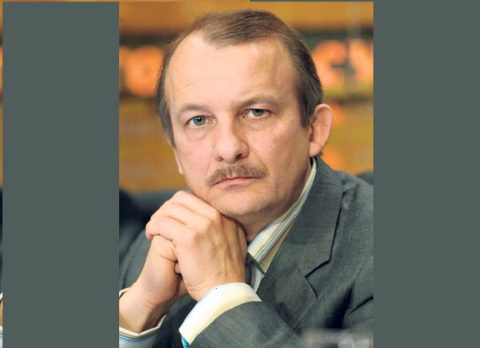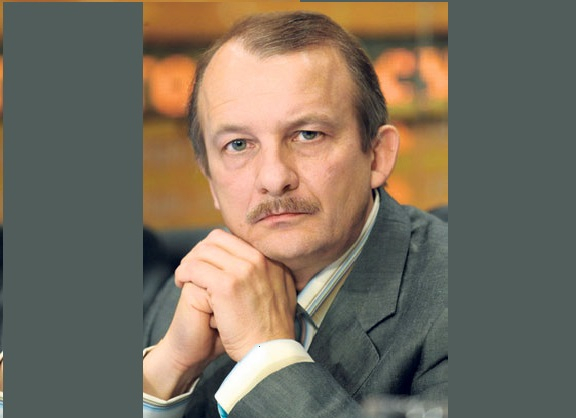Russia's Economic Situation, and Its Impact on Foreign Policy and Domestic Stability

Practical information
A closed seminar organized by the Russia/NIS Centre, with Sergei ALEKSASHENKO, a Russian economist.
The combination of structural and geopolitical factors put Russia’s economy in turmoil. Last December, the more than 40 percent-collapse of the rouble - apparently triggered by the drop in the price of oil - led to the worst forecasts; six month later, the president Vladimir Putin declared that the situation is stabilized and Russian economy has “accumulated a high internal strength margin”. What is really happening in Russia’s economy and what can be the mid/long-term impact on its domestic affairs and foreign policy?
Chair: Tatiana KASTOUÉVA-JEAN, Head of Russia/NIS Centre
A seminar held in English
Sergei Aleksashenko is a Russian economist. He’s Senior Fellow at the Development Center at the National Research University - Higher School of Economics (Moscow, Russia), non-resident Senior Fellow at the Brookings Institution, Professor at the Qilin University (Changchun, China) and member of the Board, “Liberal Mission” Foundation. He is the former deputy minister of Finance of the Russian Federation (1993 to 1995) and former First Deputy Chairman of the Russian Central bank (1995 to 1998). He also was a scholar-in-residence in the Carnegie Moscow Center’s Economic Policy Program. He served as Chairman and CEO of Merrill Lynch’s Moscow office (2006-2008), Managing Director of Interros, a Russian private investment company (2000-2004) and was Member of the Board of Directors in Aeroflot, United Aircraft Corporation, United Grain Company (2008-2012).

Speakers
Other events

From Ambition to Action: Exploring Technological Partnerships with India
The 16th EU-India Summit, held on January 27th in New Delhi with European leaders António Costa, Ursula von der Leyen, and Prime Minister Narendra Modi, marks a significant milestone in deepening EU-India relations. At the same time, official bilateral visits from EU member states are on the rise, including that of the French President, who visited India in February to participate in the Artificial Intelligence Summit. As India asserts its technological ambitions and seeks to reduce its dependence on China, Europe is stepping up its efforts to diversify its strategic partnerships.

The Enlargement of the European Union: A Strategic Choice? France, the Western Balkans and the EU in an Uncertain Geopolitical Context
Russia’s war against Ukraine has brought the enlargement of the European Union back to the centre of European strategic debates. In this context, the Western Balkans have regained heightened visibility in discussions on the continent’s security, at a time when the international environment is marked by a growing number of destabilising factors.






